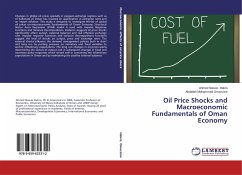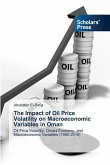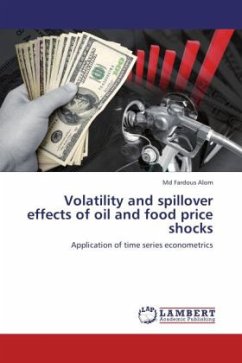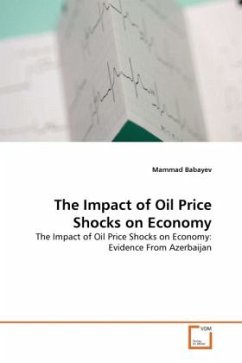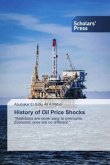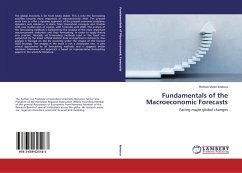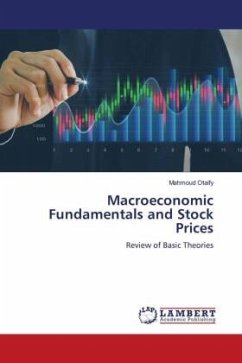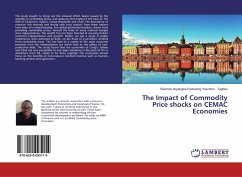Changes in global oil prices specially in pegged exchange regimes such as of Sultanate of Oman has resulted an appreciation in exchange rates and an import inflation. This study is designed to investigate effects of global oil prices on macroeconomic fundamentals of Oman Economy. Structural Vector Auto Regression (SVAR) model is used with Impulse Response Functions and Variance Decompositions. Evidence suggests oil price shocks significantly affect output, external balances and real effective exchange rate. Impulse response functions and variance decompositions functions suggest the level of shocks on output, price and exchange rates. The external shocks influence the demand management policies both in short and long run by putting pressure on monetary and fiscal variables to anchor inflationary expectations. The long run changes in oil prices seems determining the factors of output and in subsequent changes in fiscal and monetary policy responses which served well in containing the inflationary expectations in Oman and by maintaining the positive external balances.
Bitte wählen Sie Ihr Anliegen aus.
Rechnungen
Retourenschein anfordern
Bestellstatus
Storno

